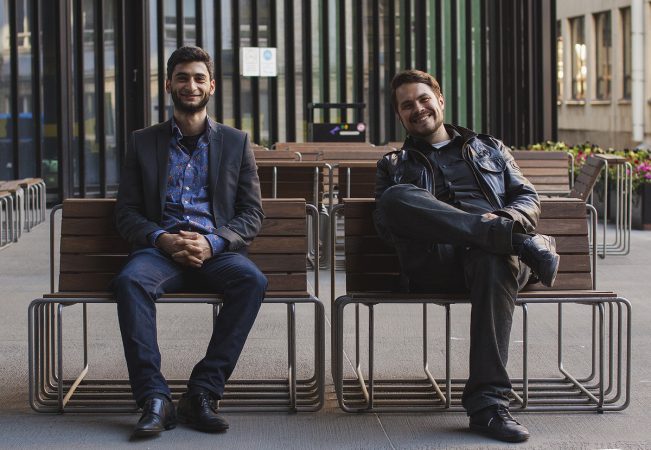Tallinn-based scientific collaboration platform Guaana unveiled on Thursday a campaign to give 10 percent of the company to scientists around the world for free in a unique effort to tighter involve users in developing a universal format for scientific projects.
“By gifting a piece of our company we are rewarding our early adopters, giving them free access to test our new features and an opportunity to influence Guaana’s roadmap,” co-founder and CFO Edgar Aronov, said in a statement.
Guaana said the offer of becoming a shareholder in the company has seen early traction among its early members from top universities such as MIT, Stanford, and Oxford in addition to institutions like CERN, NASA, ESA and Google X.
“The interest and support from the scientific community have been overwhelming. We kicked off a soft-launch for our current member base and it gained unexpected momentum through social media in just a few hours,” said Guaana co-founder Marko Russiver.

Guaana aims to advance today’s academic system, which many scientists admit is slowed down by bureaucracy and outdated, and doesn’t enable open collaboration or communication between experts.
“Guaana is solving a critical global communication challenge, just like the now synonymous Skype did,” said Taavi Kotka, Chief Innovation Officer of Estonia, who is currently writing his PhD thesis. “I believe being based in Estonia, a country with the most digitized state services in the world, has been a great source of inspiration for the team. I cannot imagine a better place in the world to reimagine stagnant structures of the scientific world.”
If things go as Guaana plans, it could become the scientific platform of the world.
“Our mission is to develop a universal format for scientific projects — a record of the processes behind a research paper that includes everything from preliminary ideas and experiment design to methods and analysis, from laboratory notebooks and data to null results and proposed contributions,” Russiver said. “Imagine a future where scholars and students alike can look behind the scientific article and investigate the process.”





